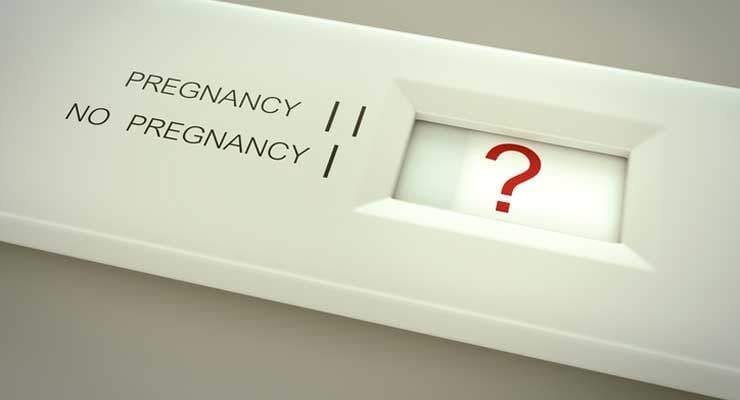You see it on television news all the time. An unsuspecting woman goes into labor because she had no idea she was pregnant. In many cases, she exhibited no symptoms. In fact, some women state that they were using birth control at the time of conception and others report having periods for the entire nine months of pregnancy. With stories like that, it is bound to make you wonder, “Could I be pregnant?”
Birth Control Pills
No form of birth control is 100 percent effective. In other words, it could fail. Some birth control methods are more reliable than others, though. If used correctly, almost eliminate the risk of an unplanned pregnancy. If you are taking a combination birth control pill (that is, a combination of estrogen and progestin–most birth control pills fall into this category) and are taking it exactly as directed, the chances of becoming pregnant are 1 percent or less.
Other Hormonal Birth Control Methods
In addition to the birth control pill, there are a number of other effective hormonal birth control methods. These methods, such as the birth control patch or vaginal ring, implants, injections or hormonal IUDs, provide 99 percent effectiveness against pregnancy when used exactly as directed. So just like with the pill, if you are using your birth control exactly as prescribed, the chances of becoming pregnant are slim.
Barrier Methods
Barrier methods of birth control include condoms, diaphragms, cervical caps and sponges. These methods are considered to be generally effective, but they do have failure rates ranging from 15 to 32 percent, depending upon the type of barrier used. If the barrier is positioned or used incorrectly, the failure rate may be higher. With that in mind, it is considerably more likely that you may become pregnant while using one of these methods, versus taking the birth control pill.
Rhythm Method
The rhythm method is perhaps the least reliable method of birth control. Couples using the rhythm method keep track of the woman’s cycle and avoid sex during the fertile part of the month. The problem with this method is that occasionally, ovulation may occur early or late, which causes the woman to be fertile during an unexpected time of the month. Women using the rhythm method for birth control should always take a pregnancy test if pregnancy is suspected.
Periods
A menstrual period happens when a woman sheds the lining of her uterus. This shedding can only occur during non-pregnancy. However, some women do experience spotting or other vaginal bleeding during pregnancy that they may mistake for a period. In that case, the flow will usually be light, and the blood will often be brown or pink. A woman experiencing regular monthly bleeding with a moderate to heavy flow of red blood is almost certainly not pregnant.
Possibility of Pregnancy
When you consider the above factors, it is unlikely that a woman who is using birth control and experiencing monthly periods is pregnant. If, however, you feel that you could have had an “oops” with your birth control and your monthly bleeding is light, pregnancy is a possibility. A home pregnancy test should detect the pregnancy if you are at least two weeks past conception. If you are still concerned, your doctor can perform a blood test, vaginal exam or ultrasound to confirm or rule out a pregnancy positively.





